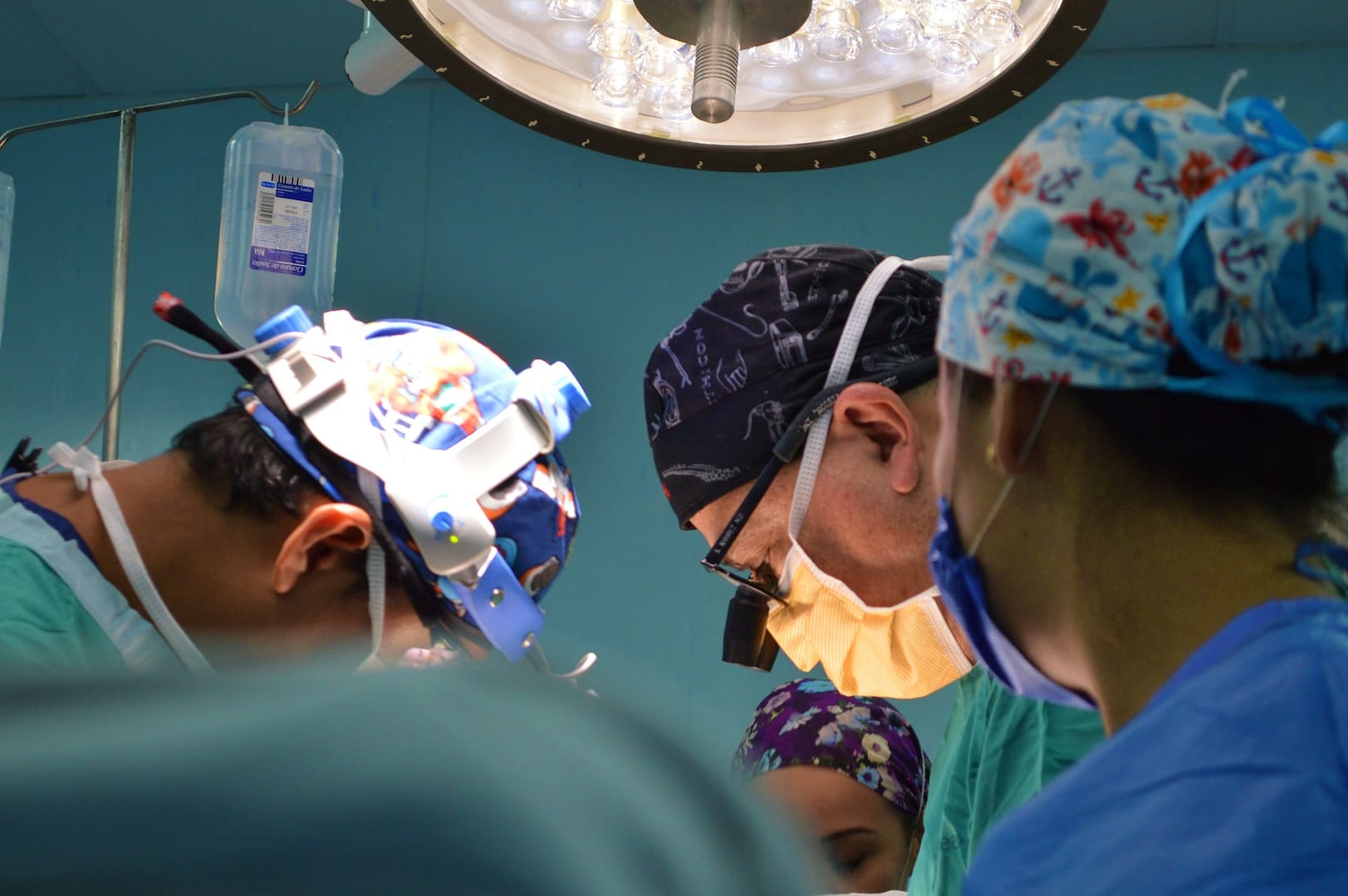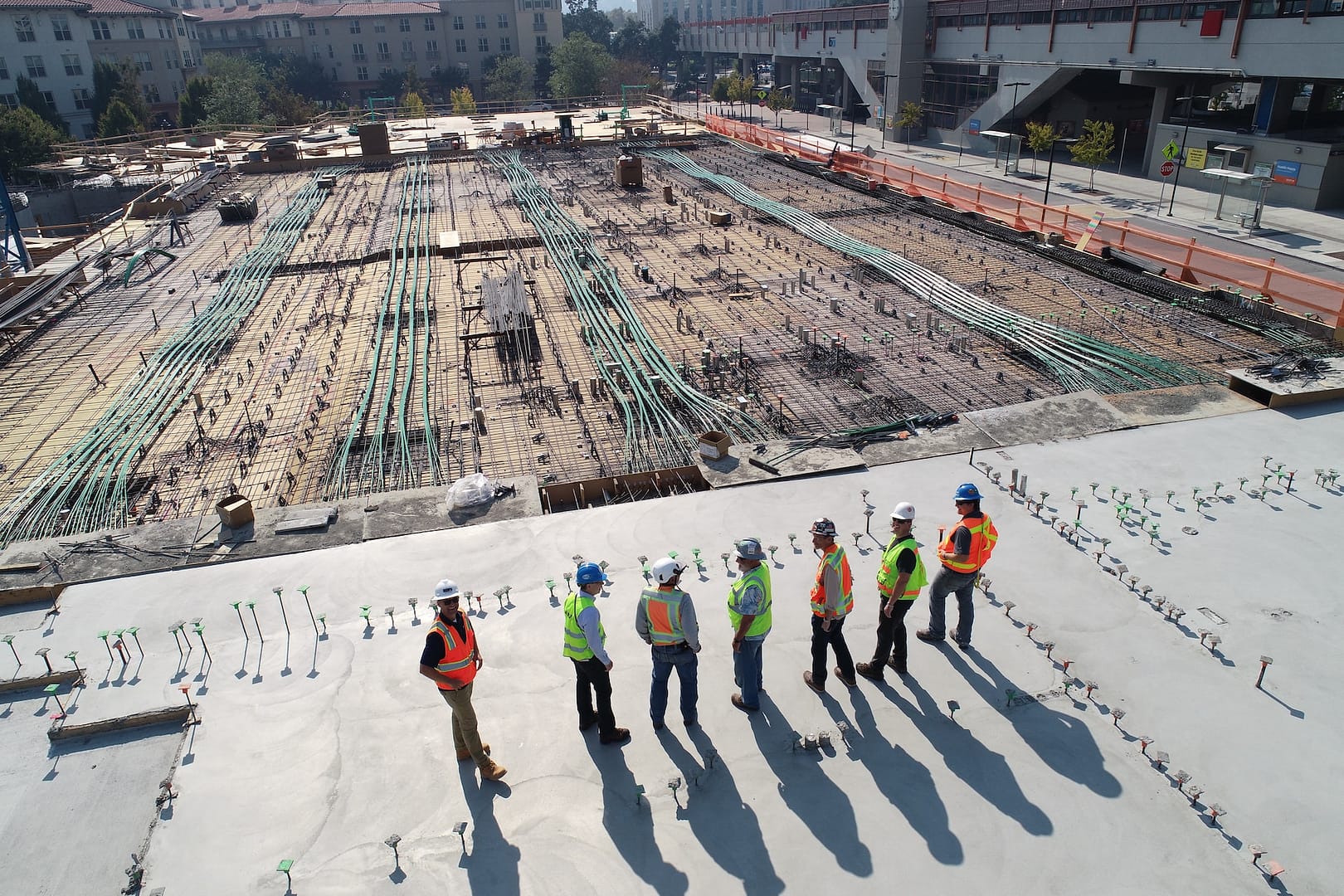Neurosurgery, a specialised field within the broader realm of medical practice, is a delicate and intricate discipline. The human brain, with its intricacies and importance, calls for a meticulous and skilled approach. In the world of medicine, neurosurgical errors and clinical negligence are topics of grave concern. These errors can have far-reaching consequences, both for patients and healthcare professionals. In this article, we will delve into what constitutes a neurosurgical error, the potential consequences, and the legal aspects of clinical negligence in the context of neurosurgery.
What is Classed as a Neurosurgical Error?
A neurosurgical error is a mistake or failure that occurs during neurosurgical procedures, which involve the brain, spinal cord, and peripheral nerves. These errors can take various forms, ranging from misdiagnoses to surgical mishaps. It’s important to understand that neurosurgical errors are not limited to a single, straightforward definition, as they can encompass a wide range of scenarios. Some of the common neurosurgical errors include:
Misdiagnosis or Delayed Diagnosis
One of the most critical aspects of neurosurgery is accurate diagnosis. Misdiagnosis or delayed diagnosis can lead to devastating consequences. Conditions like brain tumours, aneurysms, or other neurological disorders must be identified promptly to ensure timely treatment. A failure to diagnose such conditions can result in severe harm to the patient.
Surgical Errors
Surgical errors are perhaps the most feared and discussed neurosurgical errors. These can include mistakes made during the surgery itself, such as damaging healthy brain tissue, causing bleeding, or using incorrect surgical techniques. The precision required in neurosurgery is unparalleled, and any deviation from the established standards can lead to severe complications.
Medication Errors
Administering incorrect medications or incorrect dosages during pre-operative and post-operative care can also be considered neurosurgical errors. The brain is highly sensitive to chemical imbalances, and any medication error can lead to life-threatening consequences.
Inadequate Post-operative Care
Post-operative care is as crucial as the surgery itself in neurosurgery. Failing to provide proper care after a neurosurgical procedure can result in complications, infections, or even secondary surgeries. Neurosurgical patients require specialised attention and monitoring, and any lapse in post-operative care can be considered a neurosurgical error.
What Can Neurosurgical Errors Lead To?
Neurosurgical errors can have a cascading impact on the lives of patients, their families, and even the healthcare professionals involved. The consequences can be profound and life-altering, as highlighted below:
Permanent Disabilities
Perhaps one of the most devastating outcomes of neurosurgical errors is the development of permanent disabilities. Patients who undergo neurosurgery are often already dealing with severe neurological conditions. A surgical error can exacerbate their condition, leading to lifelong disabilities. For instance, if healthy brain tissue is accidentally damaged during surgery, it can result in paralysis, loss of speech, or cognitive impairments.
Cognitive Impairments
The brain is the seat of our cognitive abilities, and any damage or error in neurosurgery can result in cognitive impairments. Patients may experience memory loss, confusion, and difficulty with concentration. These cognitive impairments can profoundly affect their quality of life and their ability to perform daily tasks.
Emotional and Psychological Trauma
The emotional and psychological trauma experienced by patients who have undergone neurosurgery, only to encounter complications, cannot be underestimated. Patients may experience anxiety, depression, and post-traumatic stress disorder as a result of the pain, complications, and the uncertainty of their future.
Increased Medical Costs
Neurosurgical errors often necessitate additional medical care and treatments to address the complications. This can significantly increase the medical costs for patients and their families. It is not uncommon for patients to require ongoing rehabilitation, therapy, and sometimes even further surgeries to correct the errors, further straining their financial resources.
Strain on Families
The impact of neurosurgical errors extends beyond the patient to their families. Caregivers often find themselves dealing with the emotional and financial burdens of taking care of a loved one who has experienced a neurosurgical error. The strain on family relationships can be substantial, as they navigate the challenges and uncertainties that come with caring for a disabled family member.
Clinical Negligence in Neurosurgery
Clinical negligence, also known as medical malpractice, is the legal aspect of neurosurgical errors. It involves situations where healthcare professionals fail to provide an acceptable standard of care, resulting in harm to the patient. Clinical negligence in neurosurgery can lead to legal consequences, including financial compensation for the injured party. To establish clinical negligence in a neurosurgical case, certain key elements must be proven:
Duty of Care
The first and foremost element in a clinical negligence case is establishing that the healthcare professional owed the patient a duty of care. In the context of neurosurgery, this duty of care is understood as the obligation to provide competent and appropriate medical treatment.
Breach of Duty
The second element requires demonstrating that the healthcare professional breached the duty of care. In other words, they failed to meet the standard of care expected in the field of neurosurgery. If the standard of care was not met, it implies that a breach occurred.
Causation
Causation is a critical element in clinical negligence cases. It necessitates showing that the breach of duty directly caused the harm or injury suffered by the patient. This can be challenging to prove, as the healthcare professional might argue that the patient’s condition was already critical, and the outcome would have been the same regardless of the breach.
Damages
The final element is the establishment of damages. It is vital to demonstrate that the patient suffered physical, emotional, or financial harm as a result of the neurosurgical error. Without provable damages, it is challenging to pursue a clinical negligence claim.
Legal Aspects and Compensation
In the United Kingdom, clinical negligence claims related to neurosurgical errors are subject to a legal framework that allows patients to seek compensation for their suffering and losses. Patients who have experienced neurosurgical errors can pursue claims against the responsible healthcare professionals or institutions. Compensation may cover various aspects, including:
Medical Expenses
One of the primary components of compensation in clinical negligence cases is the reimbursement of medical expenses. This includes the costs of the initial surgery, follow-up treatments, rehabilitation, and any additional medical care required to address the consequences of the neurosurgical error.
Loss of Earnings
Neurosurgical errors can lead to long-term disabilities, making it impossible for patients to continue working in their previous capacity. Compensation may cover the loss of earnings, both present and future, that the patient would have earned had the error not occurred.
Pain and Suffering
Compensation for pain and suffering is designed to address the emotional and psychological trauma experienced by the patient. It acknowledges the intangible damages caused by clinical negligence in neurosurgery.
Care and Assistance
Patients who have experienced neurosurgical errors often require ongoing care and assistance. Compensation may cover the costs associated with hiring caregivers or receiving specialized care to improve their quality of life.
Legal Costs
In the UK, many clinical negligence claims are managed on a no-win, no-fee basis, meaning the claimant only pays legal costs if they win the case. If successful, the healthcare professional or institution responsible for the neurosurgical error may be required to cover the legal costs incurred by the claimant.
Making a Clinical Negligence Claim with National Claims
At National Claims, we understand the complexity and sensitivity of clinical negligence claims, especially in the field of neurosurgery. Our team of experienced legal professionals is dedicated to helping patients who have suffered due to neurosurgical errors seek the justice and compensation they deserve through the claims process.
Initial Consultation
The journey to making a clinical negligence claim begins with an initial consultation with our team. We take the time to listen to your story, understand your case, and assess its merits. This consultation is conducted with utmost compassion and confidentiality.
Case Evaluation
After the initial consultation, our legal experts will conduct a thorough evaluation of your case. We will assess the elements of duty of care, breach of duty, causation, and damages to determine the strength of your claim.
Legal Representation
Should your case have strong merits, we will provide you with expert legal representation. Our team of skilled solicitors will guide you through the legal process, offering support and expertise every step of the way.

Conclusion
Neurosurgical errors and clinical negligence in neurosurgery are topics of immense importance. The consequences of such errors can be devastating, leading to permanent disabilities, emotional trauma, and financial strain. Patients who have experienced neurosurgical errors have legal avenues to seek compensation for their suffering and losses. However, the focus should always be on prevention, as the best way to address neurosurgical errors is to avoid them altogether. Through ongoing training, standardised protocols, effective communication, and patient involvement, healthcare professionals can minimise the risk of neurosurgical errors, ensuring the safety and well-being of their patients.
At National Claims, we are committed to helping those who have suffered due to clinical negligence in the field of neurosurgery. Our dedicated team will guide you through the process of making a clinical negligence claim, offering expert legal representation to seek justice and compensation. Your well-being and the pursuit of justice are our top priorities.
Contact us today to start your claim and get put in touch with one of our claims specialists.
Click below to see why we are one of the most trusted claims management companies in the UK.

We’re proud of our excellent customer reviews
We thrive on delivering exceptional service and ensuring our clients’ satisfaction. Don’t just take our word for it. Check out some of our independent reviews to see what our clients have to say.
Excellent

This firm is excellent, they sorted out my car pay out and injury claim very fast, they always communicate with you all the time.

My accident case was dealt with confidence and with great result of the outcome, especially James kept me informed all the time.

I was very impressed at the way my inquiry was treated. I was listened to attentively and everything I needed to know was explained to me.






